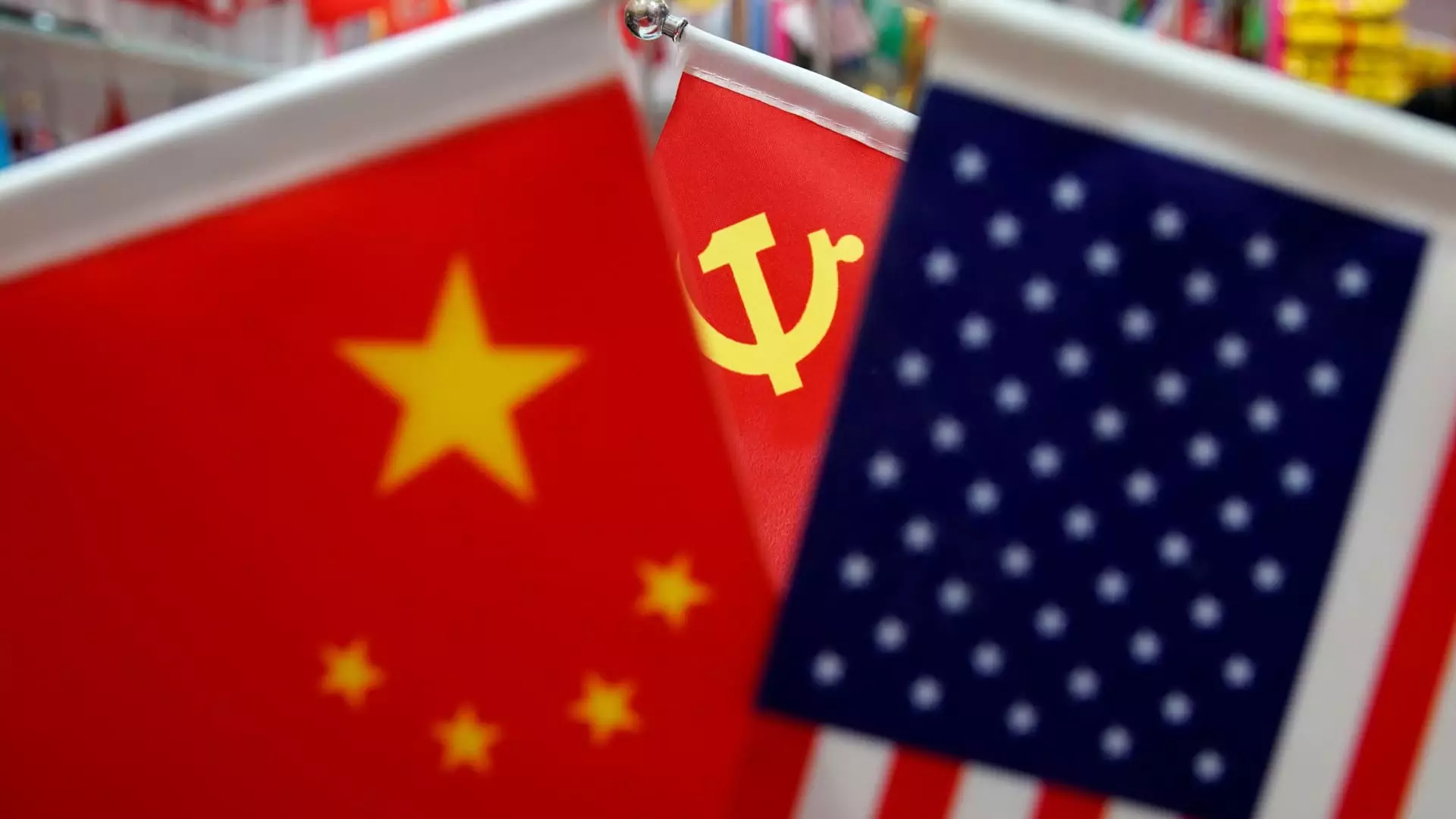The evolving dynamics between China and the United States have come to a head following the indication that Donald Trump will return as President of the United States. The relationship between these two superpowers, already fraught with tension over trade and technology, stands at a critical juncture. In light of this, China has made overtures aimed at improving cooperation, highlighting the need for dialogue, mutual respect, and shared benefits as foundational elements for progressing their economic and diplomatic relations.
He Yongqian, spokesperson for China’s Ministry of Commerce, articulated a clear message of intent regarding future U.S.-China relations. Her statement encapsulated Beijing’s willingness to engage with the incoming administration to navigate through potential disputes, driven by fears of increased tariffs and trade restrictions. The spokesperson urged a focus on “win-win cooperation,” emphasizing that an amicable approach could facilitate not only bilateral advantages but also broader global economic stability. This perspective aligns with President Xi Jinping’s earlier assertions about the importance of maintaining strong ties, emphasizing collaboration over confrontation.
The anticipation of Trump’s potential continuation or escalation of tariff policies raises significant concerns for economic analysts. Historically, trade tensions escalated during his first term, characterized by aggressive tariff measures targeted at Chinese imports. Now, as both countries brace for potential tariff impositions, the economic implications are both vast and complex. Yue Su, an economist from the Economist Intelligence Unit, predicts that Trump may act decisively within the first six months of his new term, utilizing existing trade laws to implement tariffs that could drastically reshape trade flows.
While some analysts, like Yue Su, express fears of immediate and severe tariff impacts, others provide a contrasting viewpoint, suggesting a more cautious and strategic approach from the Trump administration. David Chao of Invesco posits that the administration may employ tariffs not as definitive measures but rather as bargaining tools aimed at securing concessions from China, be it in terms of agricultural purchases or even political alignment. His insights indicate a belief that the proposed extremes, such as a staggering 60% tariff on Chinese goods, may not materialize as originally feared, instead shifting toward more moderate tariffs that avoid serious repercussions on multinational corporate sentiment.
The current stance adopted by China reflects a recognition of the intricate balancing act required to manage its relationship with the U.S. during a politically charged period. The forthcoming administration’s approach to tariff impositions will be pivotal, impacting not only U.S.-China relations but also the broader global economic landscape. High-stakes negotiations and the willingness to compromise will be essential in mitigating tensions and fostering a more sustainable and mutually beneficial trade relationship. The onus lies on both nations to prioritize collaboration to ensure stability in an increasingly volatile global market.



Leave a Reply